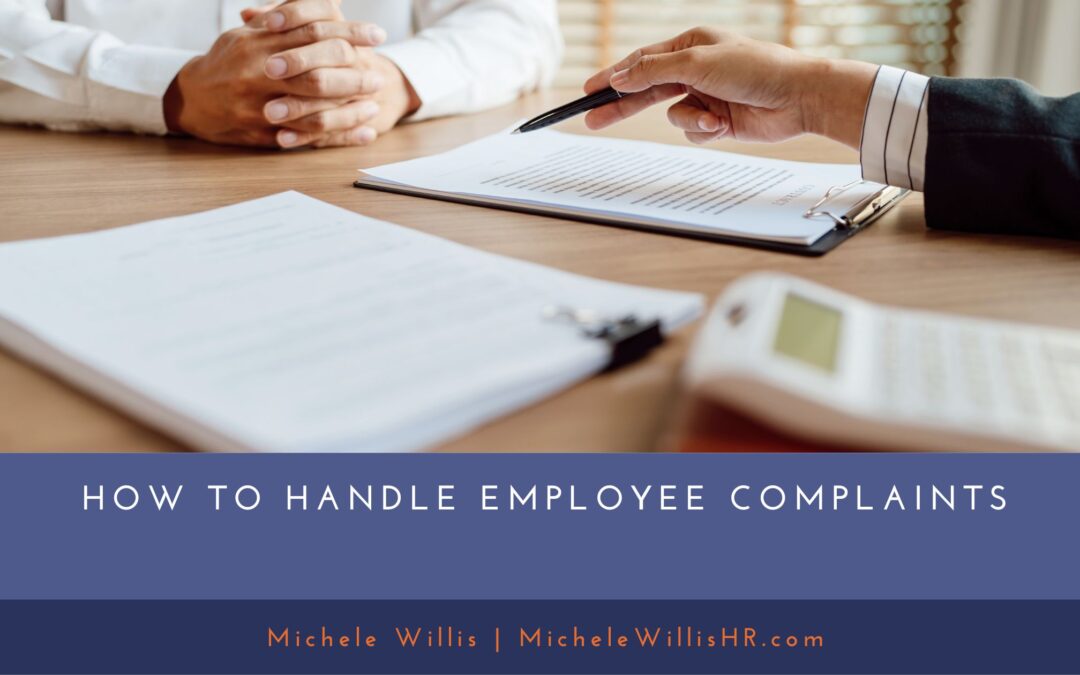Handling employee complaints is a crucial aspect of effective human resource management. It plays a pivotal role in maintaining a positive work environment, fostering employee satisfaction, and ensuring the organization’s overall well-being. Addressing and resolving complaints promptly can increase morale, productivity, and employee retention. Here are some key strategies on how to handle employee complaints effectively:
Provide Multiple Avenues for Complaints:
Offer various channels for employees to lodge their complaints. Whether through in-person meetings, email, phone calls, or an online platform, providing multiple avenues ensures that employees can choose the method that they are most comfortable with. This accessibility reinforces the organization’s commitment to addressing concerns.
Develop a Formal Complaints Procedure:
Establish a straightforward and formal procedure for handling complaints. This procedure should outline the steps an employee should take when filing a complaint, including whom to contact, the information to provide, and the expected timeline for resolution. A well-defined process helps streamline complaints handling and ensures consistency in addressing issues.
Actively Listen to Employee Concerns:
When an employee raises a complaint, it is crucial to actively listen to their concerns. Provide a safe and non-judgmental space for employees to express themselves. Avoid interrupting and seek clarification to fully understand the issue.
Investigate Thoroughly:
Once a complaint is received, conduct a thorough and impartial investigation. Gather all relevant information, interview involved parties, and review supporting documentation. Objectivity is key to ensuring a fair and unbiased assessment of the situation.
Maintain Confidentiality:
Respect the Confidentiality of the individuals involved in the complaint. Avoid sharing details with unauthorized personnel and disclose information only on a need-to-know basis. Maintaining Confidentiality builds trust among employees and encourages them to come forward with their concerns without fear of repercussions.
Take Swift and Appropriate Action:
Based on the investigation, promptly and appropriately address the complaint. This may involve corrective measures, policy adjustments, or employee training. Communicate the outcomes to all parties involved and, if necessary, implement preventive measures to avoid similar issues in the future.
Monitor Trends and Implement Changes:
Keep track of recurring complaints and identify any patterns or trends. If certain issues persist, it may indicate systemic problems within the organization that must be addressed. Implement changes to policies, procedures, or workplace practices to prevent future occurrences.
Provide Feedback and Follow-Up:
After resolving a complaint, provide feedback to the employee who raised the concern. Acknowledge their contribution to improving the workplace and ensure their concerns are taken seriously. Follow up periodically to ensure the resolution is effective and the employee feels supported.
Effective handling of employee complaints requires a proactive and empathetic approach. By fostering open communication, establishing clear procedures, and taking swift and appropriate action, organizations can create a positive work environment that values the well-being and satisfaction of its employees.
